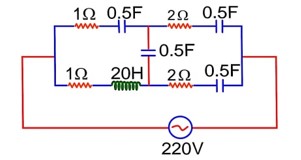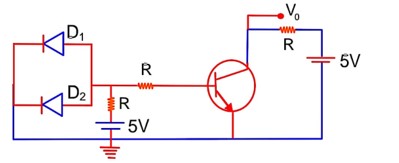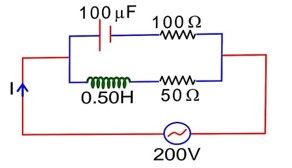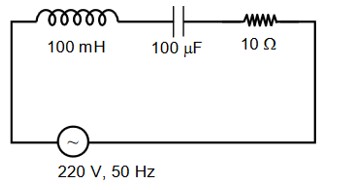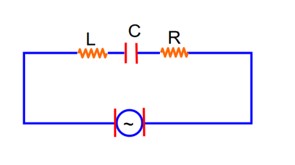Physics Alternating Current
Get insights from 90 questions on Physics Alternating Current, answered by students, alumni, and experts. You may also ask and answer any question you like about Physics Alternating Current
Follow Ask QuestionQuestions
Discussions
Active Users
Followers
New answer posted
5 months agoContributor-Level 10
New answer posted
5 months agoContributor-Level 10
Let, current through inductor,
Let, current through capacitor,
As
Taking an Exam? Selecting a College?
Get authentic answers from experts, students and alumni that you won't find anywhere else
Sign Up on ShikshaOn Shiksha, get access to
- 66k Colleges
- 1.2k Exams
- 681k Reviews
- 1800k Answers

